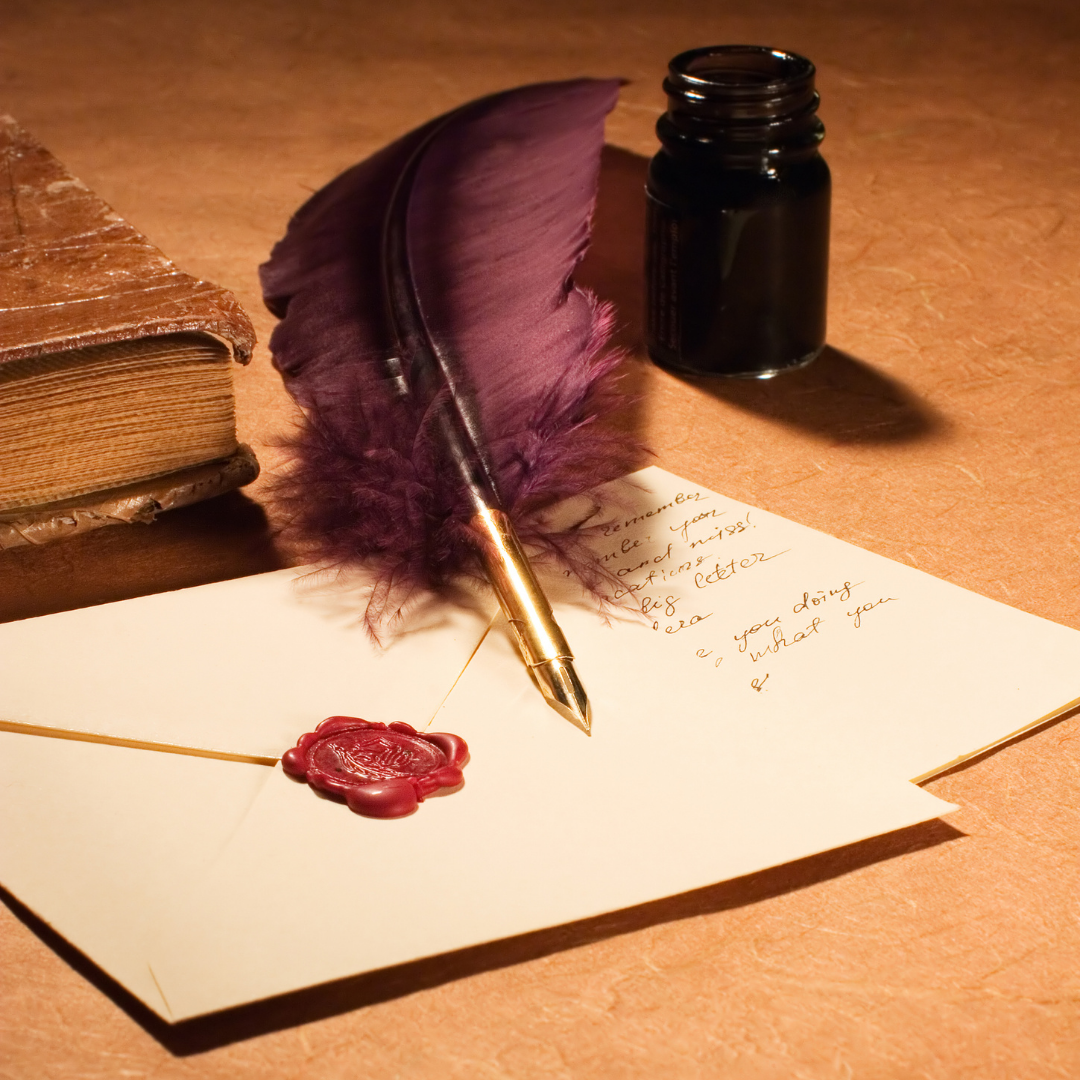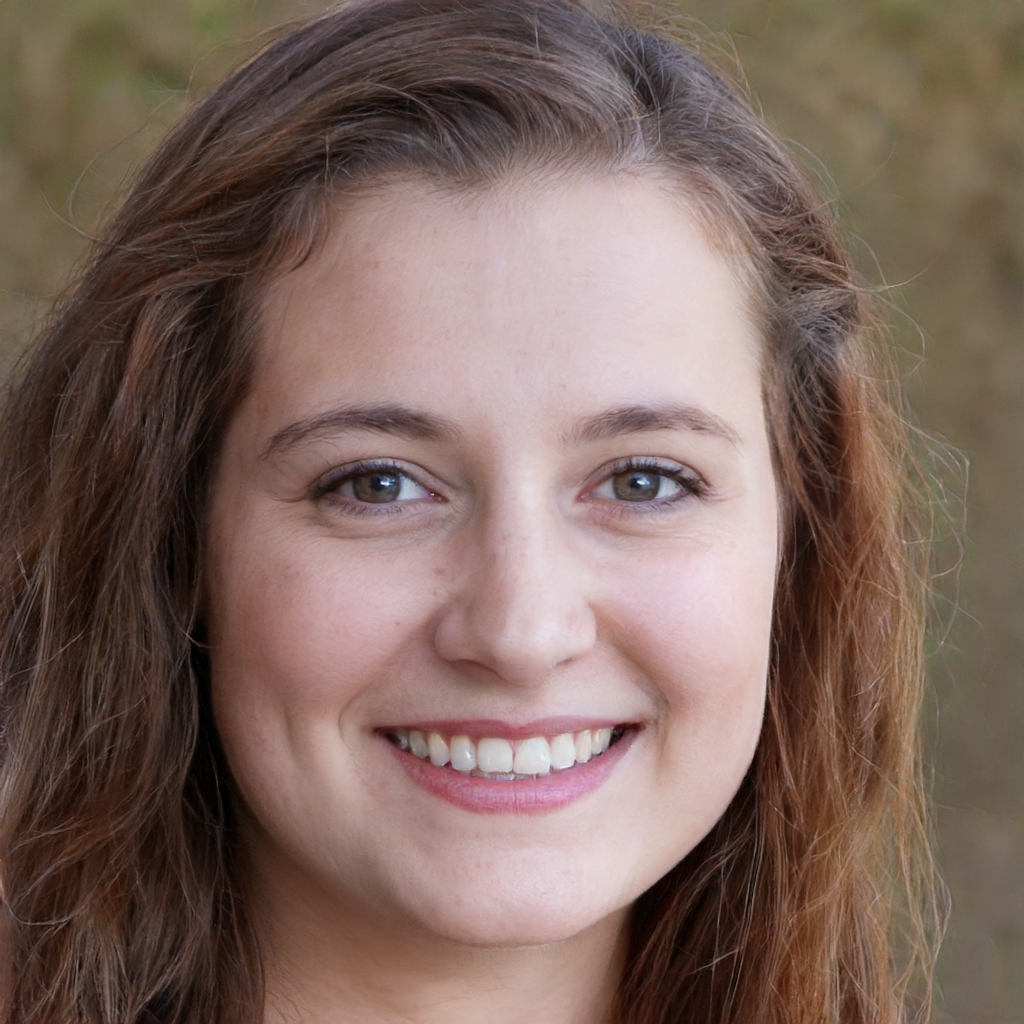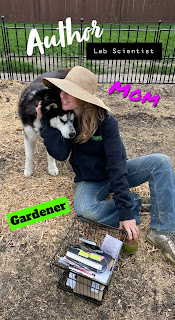What do I see in my crystal ball for the future of publishing? Will the Big 5 become the Big 4 and how would that trickle down throughout the industry?
My crystal ball is hella cloudy on the topic of traditional publishing, mostly because I haven't been paying attention to the latest brouhaha and scuttlebutt. However, because I didn't want to half-ass a post, I did double-check to make sure we're still at 5 major publishing houses. Yep. The merger for Simon's Random Penguin was blocked by the US DOJ on antitrust grounds but, as of December, the parent company of Random Penguin, Bertelsmann, was fighting the decision in court.
Why did the DOJ block it? Because it would give SRP "outsized influence over who and what is published, and how much authors are paid for their work."
Bertelsmann argues that the merger better positions the company to fight against Amazon's overbearing influence on the market, which would improve distribution and author earnings as a result.
Authors' groups are stridently opposed to the merger because they've seen what's happened as the Big 8 became the Big 5 and the demise/acquisitions of midsized publishers by the 500lb gorillas.
The case is due to be heard in August.
What is likely to happen if Bertelsmann wins? What always happens with mergers: departments will be consolidated, budgets slashed, staff laid off, and new/renewing contracts adjusted for terms that best suit the company. Never, in the history of capitalism, has a merger resulted in higher pay for non-executive staff and contracted talents. Any gains for contracted talents (authors, cover artists, editors, etc.) have come as a result of labor/talent guilds taking on multinational corporations (MNC). The bigger the MNC, the harder they are to defeat in negotiations. Just look at Bertelsmann's reason for wanting to acquire Simon & Schuster: to be in a better position to take on Amazon. Bertelsmann earned €18.7billion last year. They're not a small company by any stretch.
No MNC is looking out for their authors. They're looking out for the Intellectual Property they've purchased and how they can maximize profits off of it. Just look at the despicable legal loopholes of Disney refusing to pay authors according to the terms to which they--and the businesses they acquired--agreed. If it weren't for the SFWA, these authors would have no hope of getting what they are due.
Advances to trad authors have been plummeting for years. Not coincidentally, the timing coincides with the era of rapid acquisitions and mergers in the publishing industry, which also coincided with the mainstreaming of digital books (which rocked the industry to its core). Merger or no merger, this practice will continue.
Anyone thinking the Indie market will be unaffected by the MNC battle is holding to a very short-sighted view. We might see a near-term benefit of being able to raise our book prices while still being cheaper than trad books. At the same time, we will continue to see MNCs invade small-business marketing spaces and drive up our costs of advertising. They're already crowding us out of the few Indie-friendly spaces because those who provide the services are also businesses that need to make a profit, and what profit-generating business is going to leave money on the table? On the other hand, MNCs are utterly inept at adaptability, so any tech-driven advances are still ours to leverage.
How does all this impact readers? Readers will pay more for fewer options with no improvement in quality or diversity.
In short, if the Big 5 shrinks to the Big 4, nothing improves from the author's, reader's, or employee's perspective--unless the courts force industry changes as conditions of the merger. Then things could get interesting. It's super-duper unlikely, but I'm all about fantasies.
If the merger is blocked, nothing changes. Those things that are already inequitable and problematic will continue. Those who are fighting the good fight will continue to do so.
At the end of the day, Simon's Random Penguin is about prepping for a battle between two Goliaths. The MNCs give zero fucks about authors and readers. As for the DOJ, there isn't much they can do to help the little guys, not with this particular antitrust case.









.png)


